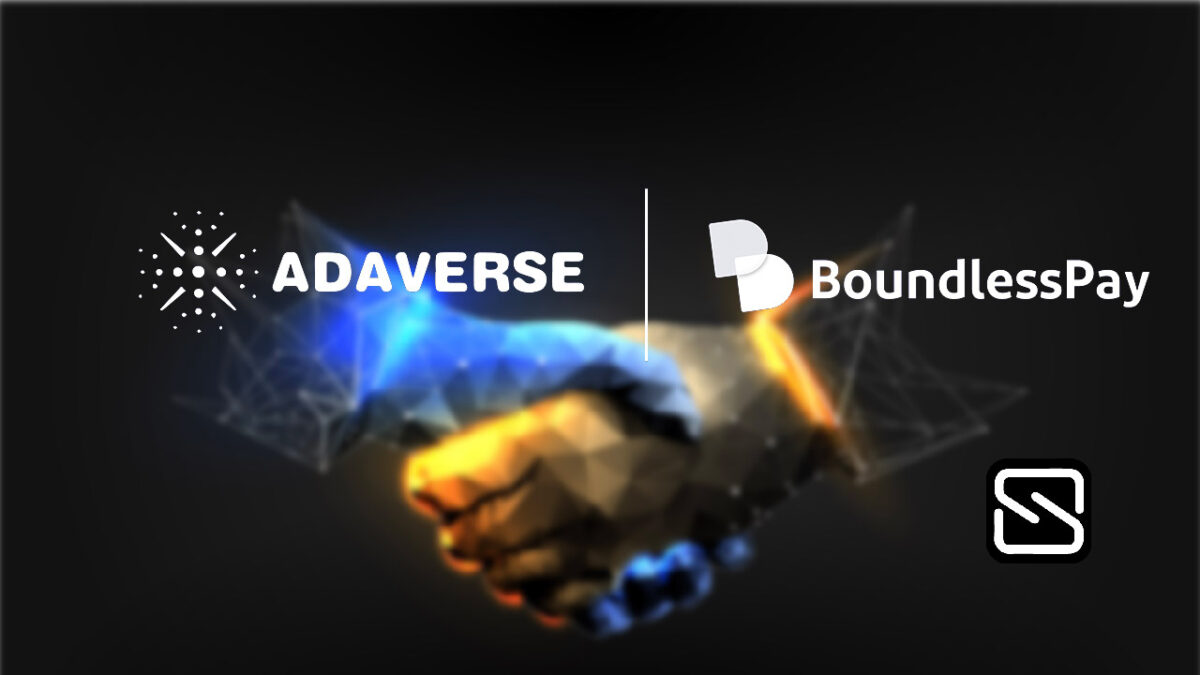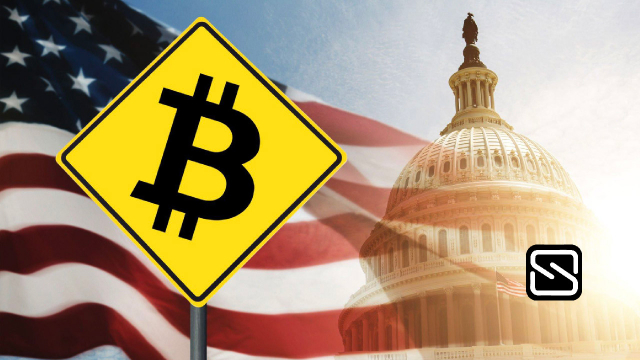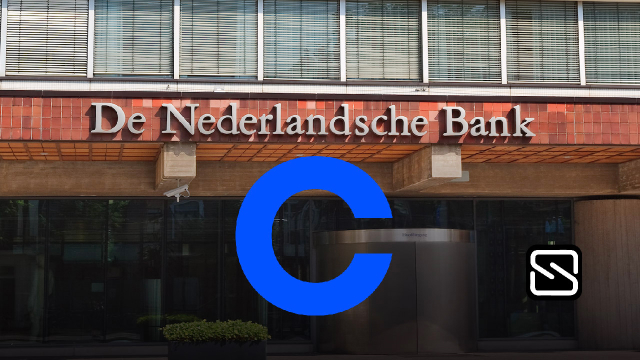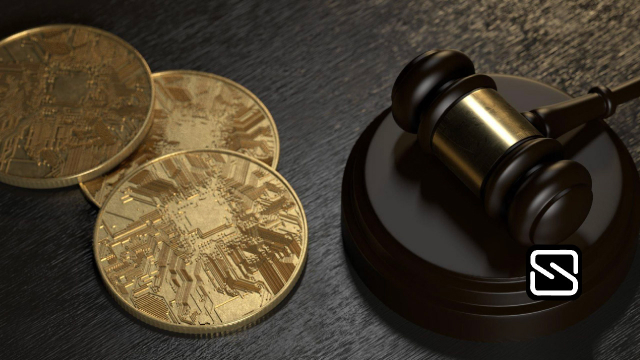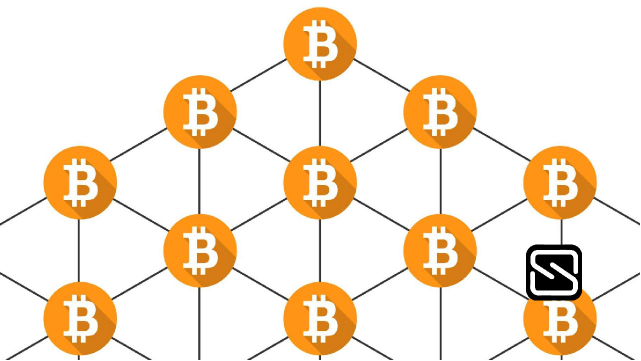Adaverse, a Cardano ecosystem accelerator in Africa backed by EMURGO Africa, has announced an investment in BoundlessPay, a digital banking platform that makes international transactions for Africans simpler.
According to the announcement on Emurgo’s site, Adaverse, and EMURGO Africa join other strategic investors in an ongoing pre-seed fundraising initiative to launch BoundlessPay into its next phase of development in 2023.
Shogo Ishida, co-CEO at EMURGO Middle East & Africa commented, ”BoundlessPay is doing something unique and different with what many have tried and failed. We are excited to be a part of this growth process. It takes a determined heart to build a sustainable Web3 platform that projects into the future development of Africa, which is why Cardano’s proven blockchain platform is ideal for this structural growth and offers flexibility and sustainability.”
Vincent Li, founding partner at Adaverse also stated, “We are equally excited about BoundlessPay’s capabilities, especially their talented team. We believe that they have what it takes to sustain this momentum by providing a sustainable socially-impactful platform with a drive for excellence. As such, BoundlessPay will benefit greatly from the Adaverse 3-month accelerator program and be able to connect to the global resources within the Cardano community.’’
Commenting on the new partnership, Franklin Peters, CEO of BoundlessPay said, “It’s a win-win relationship between Cardano and BoundlessPay. Building on the environmentally-friendly Cardano blockchain allows for low transaction fees and the platform is sustainable, secure, interoperable, decentralized, and backed by a team of researchers who are dedicated to constantly improving the system using peer-reviewed methods.
“BoundlessPay will utilize and fully support the Cardano blockchain in its scaling. This means that Cardano native tokens can be listed on BoundlessPay, especially Cardano stablecoins. BoundlessPay intends to intensify marketing efforts in Africa to drive the adoption of Cardano-based tokens among retail investors, traders, and developers. In addition, BoundlessPay will partner with dApps in the Cardano ecosystem to ensure interoperability and growth of the ecosystem,” he added.
According to Peters, building on Web3 tools enables BoundlessPay to eliminate cross-border barriers, allowing anyone, anywhere, to access a trusted multi-currency wallet, with value-added services like utility bill payments and currency swaps.
He noted, “Having experienced disappointment with similar Web2 cross-border platforms stunted by unfavorable government regulations, BoundlessPay has set out to offer a Web3 platform that is free of hassles and highly secure. By fostering strategic partnerships with global organizations, BoundlessPay gives users better international money transfers and instant settlement options.”
BoundlessPay is a global digital banking app for cross-border collections, payments, and settlements that utilizes blockchain to solve remittance and payment problems.
The digital platform operates on USD-pegged stablecoins like USDT and Cardano USDA as an alternative way to store and spend money locally and globally and users can access virtual USD cards and virtual fiat accounts, and easily on-ramp and off-ramp within seconds.
